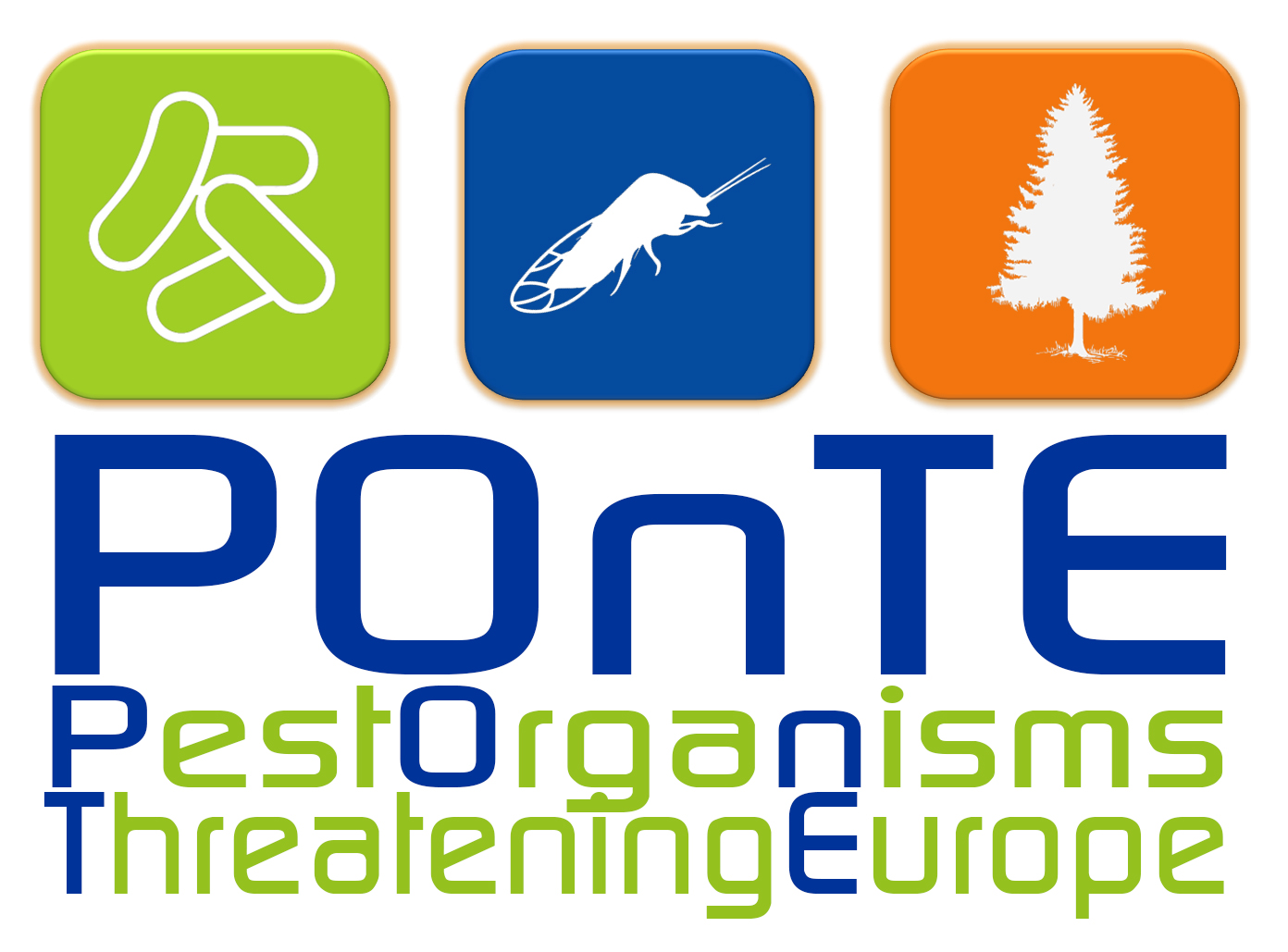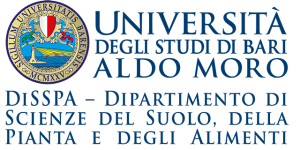UNIVERSITY OF BARI ALDO MORO
UNIVERSITA’ DEGLI STUDI DI BARI ALDO MORO
Project Partner
P2
Website
www.uniba.it
Address
VIA AMENDOLA, 165/A
70126 BARI
ITALY
Contact Person
Name: Francesco Porcelli
Phone: 0039 0805442880
Fax: 0039 0805443608
Email: francesco.porcelli@uniba.it
PROFILE
UNIBA-DISSPA holds the Plant Pathology and Entomology sections purposely devoted to plant protection. Our core role is to propose strategies for a sustainable Integrated Management of plant pests and diseases. Actually we are engaged on several challenges posed by invasive alien or indigenous organisms, either macro or microorganisms, also found in quarantine lists. We trust on a rational balancing of means of control and we are prone to include innovative control action to fine tune well-experimented strategies. Building control on deeply rooted and sounded knowledge of the interaction among the components of agroecosystem is our way to get the effective result we expect. The Department has acknowledged territorial competence and is well recognized by the community as a reference point. We maintain laboratories accredited for quarantine organism study, several Q-detect listed pest collections, light and electron microscopy facilities, involvement in pesticide and biocontrol agent authorization committee of Agriculture (MIPAAF) and Health Ministries, all devoted to sustainable innovative plant adversities control.
ROLE IN THE PROJECT
UNIBA-DISSPA will focus on Xf vector(s) identification, Xf genotyping and diagnosis, on epidemiology, aetiology, and control of OQDS. A very first survey of the hemipteran fauna in Xf foci area near Gallipoli in Salento suggested that the primary xylem-sap feeding insect there was Philaenus spumarius L. as supported by PCR assays. All need more extensive studies on hemipteran assemblage of species in the area and on varietal response to infestation/infection. Fungi and microbial community associated to the OQDS will be also investigated, to clarify their role in the aetiology, by using conventional–isolation/inoculation–NGS–metabolic and SNPs approaches also in connection with varietal response and environmental stresses. The role of putative fungal vectors (Leopard moth and Bark Beetle) will also be considered. In addition CoDiRO draft genome will be refined by optical mapping; and genome of the Costa Rica Xf strain will be also sequenced. Sensitive and rapid diagnostic serological methods will be developed and validated on all species recorded as hosts of Xf.
UNIBA-DiSSPA will be involved in the following work packages: WP1, WP2, WP3, WP4, WP5, WP6, WP7, WP9, WP10, WP11
STAFF
- ADDANTE ROCCO
- ANTELMI ILARIA
- BARI GIUSEPPE
- DE LILLO ENRICO
- DIANA LAURA
- GIAMPETRUZZI ANNALISA
- IPPOLITO ANTONIO
- LOCONSOLE GIULIANA
- NIGRO FRANCO
- SAVINO VITO NICOLA
- PORCELLI FRANCESCO
- POTERE ORIANA
- ROBERTO ROBERTA
- SANZANI SIMONA MARIANNA
- SUSCA LEONARDO
- TARASCO EUSTACHIO
- TROTTI PASQUALE
External Personnel
- DI CAROLO MICHELE (CRSFA “Basile Caramia”)
- DONGIOVANNI CRESCENZA (CRSFA “Basile Caramia”)
- PALMISANO FRANCESCO (CRSFA “Basile Caramia”)

